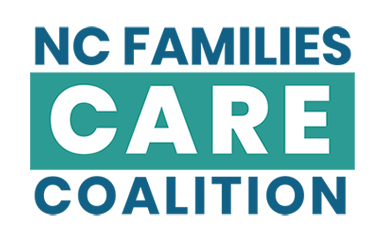In news coverage of the Coronavirus, much has been said about paid sick days as a critical missing piece of America’s public health toolkit. Here’s a look at paid sick time – and who does and doesn’t have access to it – in North Carolina. Data courtesy of our friends at the Institute for Women’s Policy Research.
Fact #1: The lower your wages, the higher your chances of not having paid sick days.

Of course, this means that the people who can least afford to take unpaid time off are the ones that have to. This also means that folks who lack paid sick days are more likely to come to work sick, which puts coworkers and clients at risk.
Fact #2: Food service, personal care and service jobs are among the least likely to offer paid sick days.

The very people you’d really hope would be supported to stay home when sick – people who prep and serve food, or provide care to children and medically fragile elders – are among those least likely to have access to paid time off to recover from illness or see a doctor.
Fact #3: Racial disparities exist when it comes to paid sick days.

Much like the pay gap, access varies by racial group, with Latinos coming in dead last. A whopping 55% of the Latino workers in North Carolina lack access to paid sick days, compared to 38% of Black workers, 36% of white workers and 33% of Asian workers. Research has shown that working people whose jobs don’t offer paid sick time are three times more likely to skip treatment for themselves or a family member. Employees who have paid sick time are more likely to detect and treat illness early, and are less likely to send a sick child to school. Bottom line: either employers provide paid sick days, or we all end up paying for it.

